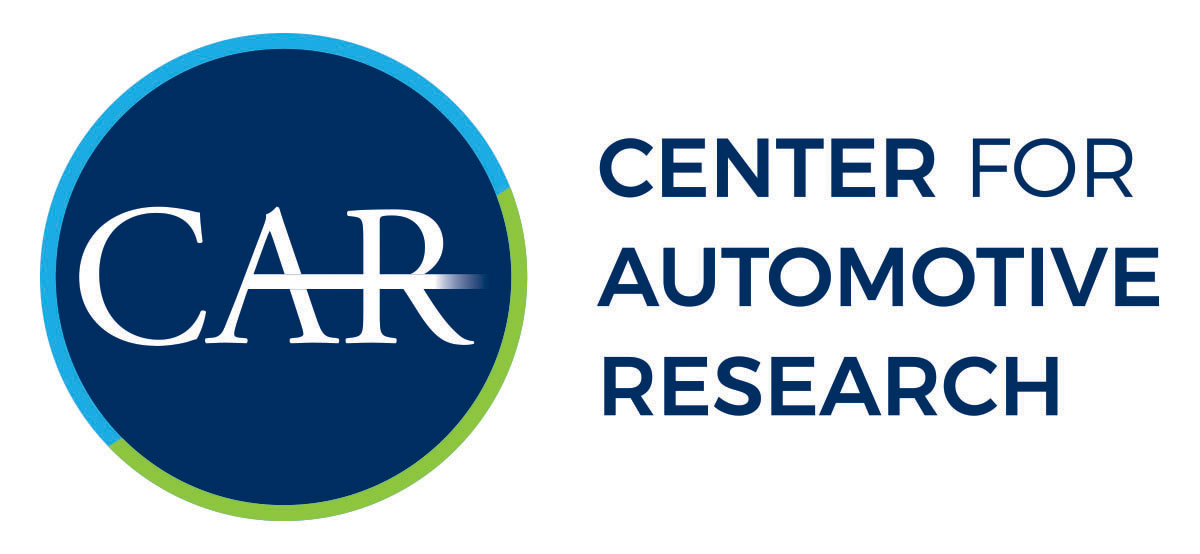Oct 1, 2007
In 1957, Toyota Motor Sales U.S.A., Inc. set up a small dealership in Hollywood, California. By 1975, Toyota became the bestselling import brand in the United States. In 1986, Toyota began manufacturing operations in the United States with General Motors at a joint-venture manufacturing facility in Fremont, California. In 2003, Toyota crossed the two million sales threshold for the first time and in 2006 Toyota sold over 2.5 million vehicles in the United States. The process of building motor vehicles necessitates a great many workers assembling those vehicles. In addition to the workers employed in Toyota’s U.S. assembly operations, many more people are needed to supply the goods and services that are directly or indirectly related to the operations of a motor vehicle company. This study will estimate the total number of workers related to Toyota’s U.S. motor vehicle assembly operations.
Jun 1, 2005
The motor vehicle industry is the largest manufacturing industry in the United States. No other single industry is linked so much to the U.S. manufacturing sector or directly generates so much retail business and employment. This study describes the economic contribution of an important company included in the U.S. motor vehicle industry: the U.S. operations of Toyota North America.
Prepared for Toyota Motor North America, Inc.
Mar 1, 2005
This study is an update of a previous report on the economic contribution of the international automotive industry completed in 1998 for the AIAM.
A study prepared for the Association of International Automobile Manufacturers, Inc.
May 1, 2004
The motor vehicle industry continues to be one of the most important sectors of the U.S. economy. It is sufficiently prominent to influence the movements of Gross Domestic Product, and it employs hundreds of thousands of workers in well-paying jobs across the country.
Prepared by: Institute of Labor and Industrial Relations, University of Michigan and the Economics and Business Group, Center for Automotive Research
Prepared for: Alliance of Automobile Manufacturers, Inc.
Feb 1, 2004
The purpose of this report is first to estimate the effect of the withdrawal of automotive leasing on automotive retail sales in New York, and second, to evaluate the effect of the loss of the automotive leasing option on the overall state economy.
This report was completed with the cooperation of the University of Michigan Institute of Labor and Industrial Relations.
Nov 1, 2003
The motor vehicle is the second most important possession of the great majority of Americans after housing. In no other society does the motor vehicle play such a large role in the lives of citizens and the economy in general.
This study was prepared by the Center for Automotive Research for the Alliance of Automobile Manufacturers.
Oct 1, 2003
Managing the revenue and margin lifecycle is a critical strategic focus for automotive suppliers to move beyond cost cutting as the primary manner of improving financial performance. Based on a Tier 1 supplier executive panel at the 2003 Management Briefing Seminar, this report captures best practices for improving financials by better managing the revenue and margin lifecycle.
A study prepared for Salion.
Sep 1, 2002
The Revenue Acquisition (RA) process is the core business process by which a company drives its product portfolio – and its top and bottom line. RA determines what new business a company acquires, what products it drops, how prices are set and what profit margins it hopes to realize.
